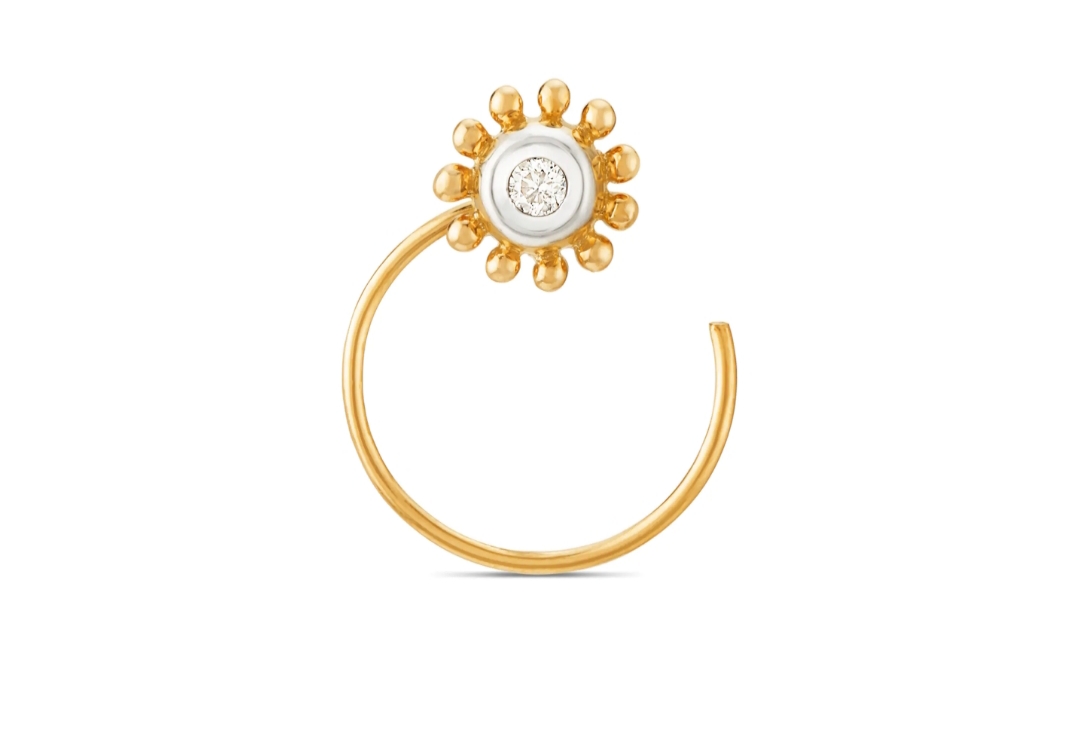Trending Now
- 830 voters names go missing in Kavundampalayam constituency
- If BJP comes to power we shall consider bringing back electoral bonds: Nirmala Sitaraman
- Monitoring at check posts between Kerala and TN intensified as bird flu gets virulent in Kerala
Health & Lifestyle
Men Say They Want Smart, Successful Women – So Why Do These Women Have Trouble Dating?
![]() March 22, 2018
March 22, 2018
Jenna Birch’s new book sat on my desk for months before I could bear to open it. “The Love Gap: A Radical Plan to Win in Life and Love” is about why smart, successful independent women – the type of women men profess to want – have trouble finding steady relationships.
For years my single girlfriends and I have been told by the men we date: You’re everything I’m looking for, but I just don’t feel it. Or: You’re great, but I’m just not ready for a relationship. We’ve heard the same refrains for decades, in breakup talks with men in their 20s, 30s, even their 40s. I didn’t want to open the book because it felt too close to home.
But I’m glad I did. Because in it I found empathy for the women who hear these things and the men who say them. And an explanation for why seemingly good matches fall apart or never come to fruition.
Perplexed by her own dating struggles, Birch dug into research and spoke to about 100 men and women about why it’s so hard to find the relationship they desire. She does more than blame online dating’s flakiness and an abundance of choice – which singles have been living through and reading about for years. Rather, Birch finds an explanation in the enduring pressure men feel to be providers, even in an era when, in about a third of married or cohabiting couples, women bring in half or more of the household’s earnings.
Until men can provide for a family, Birch finds, they don’t feel comfortable dating seriously or making a lifelong commitment. And no matter how much men say they want an equal partner, a woman who’s smart and independent, studies find that such women often make men feel emasculated or inferior.
Birch and I spoke about her book last week; the following interview has been edited for clarity and length.
Q: How did you decide that this was the question you wanted to interrogate?
A: There’s a lot of survey data that said men were really into these smart career women. But I looked around at who was struggling with dating, and they tended to be that type. If this type of woman is the dream girl, then why are they having so many problems? That was a big guiding question from the beginning. And then Lora Park had research that came out in 2015 that showed psychological distance matters a lot.
Q: What does “psychological distance” mean?
A: “Psychological distance” has to do with when you’re thinking about something as an abstract concept. For example, there are a lot of pros to smart, independent career women. They have that second paycheck; they’re intellectually in the same plane and they are similarly educated. All things that we know produce good relationship partners. But when it came time to close that distance and men had to interact with these women face-to-face, they started to lose interest.
Q: How does that play out in real life?
A: I would get on dates where a guy would be so excited about the date, we’d have intellectual sparring and then we’d get there and it started to be a competition. I’ve had guys get into one-upping matches with me on dates. It can be a little bit difficult.
Q: Why do men have trouble committing to women who seem to be the whole package, or as you call them: the End Goal?
A: Women who are “End Goals” are those who really have their lives together; it might be the partnership that these men ultimately want, but they’re just not there yet, so they can’t commit. I wanted to reassure women that if they were having these problems, not get a complex about it. Just wait until they find an investment they really want to make or someone who is special.
Q: How have you seen this disconnect in your own dating life?
A: I had an ex-boyfriend tell me that I was so sure of myself that I was going to scare guys. I’ve also had situations where, on first dates, men will say things like: “I can’t have a girlfriend right now.” They might be thinking about moving, going to grad school or taking a job out of state. It’s a very psychological thing of: One thing comes before the other.
Men are kind of stuck in that norm, where they have to provide. They put that pressure on themselves. I started to see that a lot in my dating life. The guys who were settled were more interested in pursuing things and seeing where it would go; they had a relationship mind-set. The guys who were not settled or didn’t know where they were going to be, didn’t know if they could provide, were very skittish about making a firm commitment or going in that direction.
Q: I’ve seen that definitely. Why does that sense of men wanting to be a provider still exist when so many couples expect that both partners will be working?
A: It’s definitely the norm. There was recent Pew research that looked at what men and women thought the societal pressures were for men and women. The vast majority put being a provider and career success at the top for men. Women are showing that we can be that equal provider. But there are still these ingrained gender roles.
There’s studies on how dads interact with their daughters with a lot of complex emotional language, and it helps them be well-rounded; whereas we talk to boys about achievements and being at the top and pride. When it’s impressed upon boys and men subconsciously, I think by the time they get older they’re not even fully aware that these are the pressures they have or where they came from.
Q: If men aren’t fully aware of what’s holding them back, how do men and women date smarter?
A: If you listen closely, men will tell you where they’re at. A lot of them will drop hints about: “I want to settle down”; or “it’d be nice to have a long-term partner.” Whereas somebody who’s in flux will tell you they’re works in progress (which we all are).
Individually, you can kind of decide what’s worth your investment and how to structure your time wisely. There were a lot of women in my book who ended up dating men who all their friends and family said: “Don’t do it. He’s not going to put a label on it. He’s taking forever. He’s so skittish.” But a lot of the women learned that they had to be patient and work through it on an individual level with these guys who were putting so much pressure on themselves to provide, which I thought was really great.
Q: How do women know when to invest in a man who’s not quite ready yet?
A: A lot of that comes down to really looking for things that you like in someone and maybe being patient with someone who’s not fully there yet but you see potential there. Does that person have a path to get where they want to go? Or are they kind of stagnant and not sure what they’re going to do yet and there doesn’t seem to be any active movement?
When you’re investing in a partnership, you have to look at the trajectory as a positive one, if they seem to be on their way versus just kind of stagnant and feeling things out. Having that vision of where they want to be – even if they’re a bit behind – is much more attractive.
Q: Did you learn anything while working on this book that can help men and women can understand each other better?
A: I wanted to arm single women with that knowledge of the pressures that men feel so that they could be patient; that they could know it was not about them, that it wasn’t personal. A lot of times, when a man says “I don’t know if I can commit,” women are told “He’s just not that into you.” That if you were the right person, he would commit.
And I did not find that. I have several friends whose long-term partners or husbands said the same thing to them as they were dating. And lots of friends and family did say: “You need to throw it away. He’s not going to do it.” And they said: “You know, I see such potential in this that I’m going to take a risk. I’m going to wait for him and see if he can figure out how to build a relationship.” A lot of these guys did over time. That was my big advice on relating for women, to have that kind of empathy. And on the men’s side, I think that they do try to understand women. They ask a lot of questions. If we can keep the lines of communication open about the things that we’re feeling and the struggles we’re having, that’s going to help us get closer and build these relationships we ultimately want to have.























